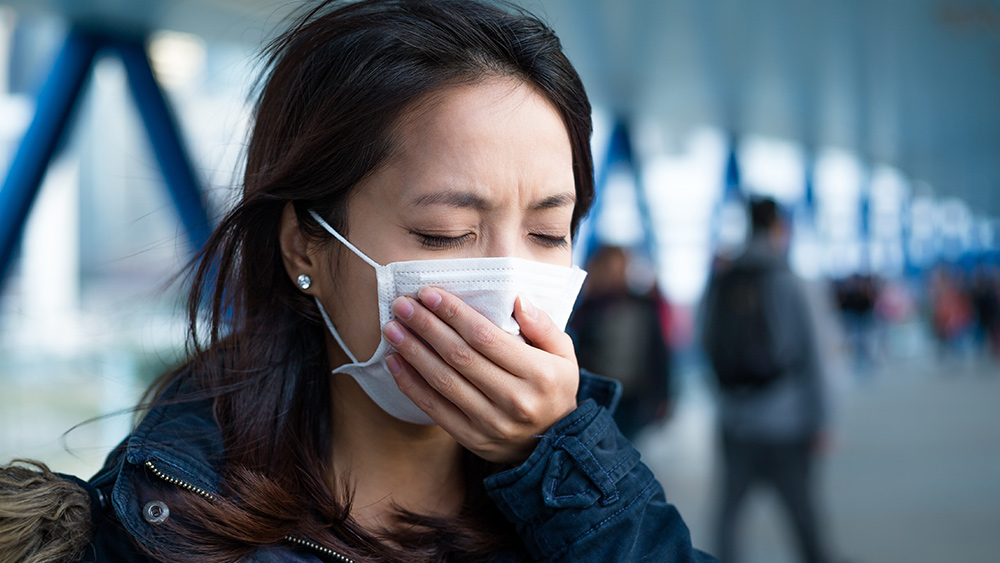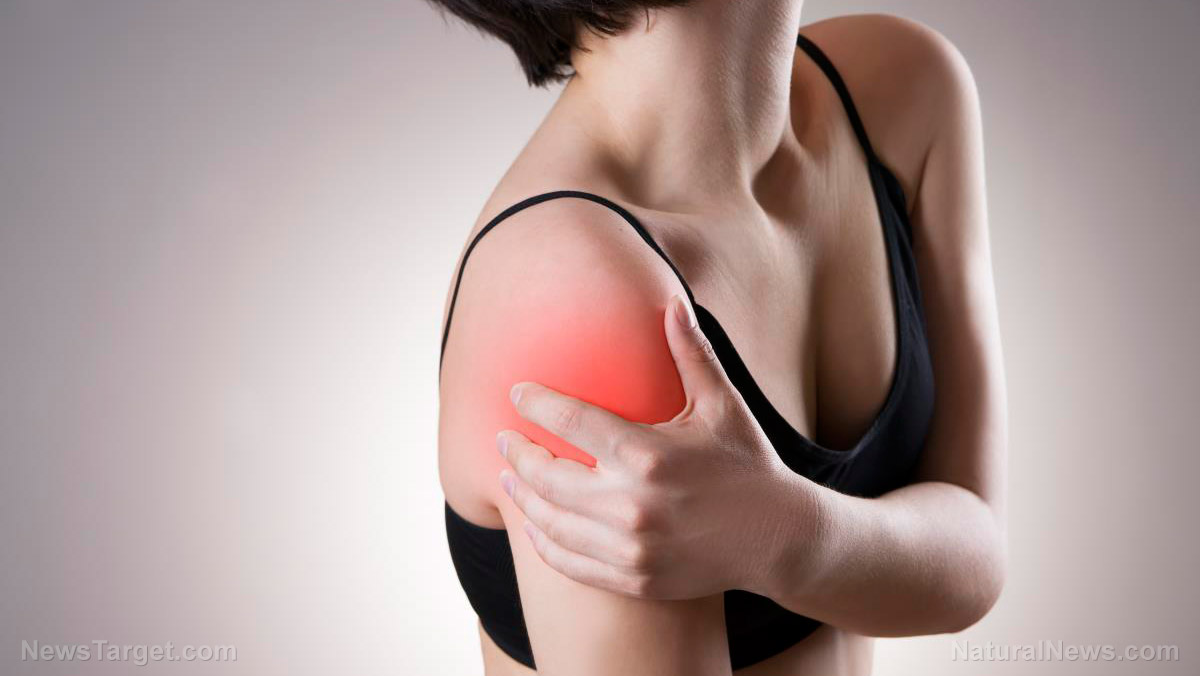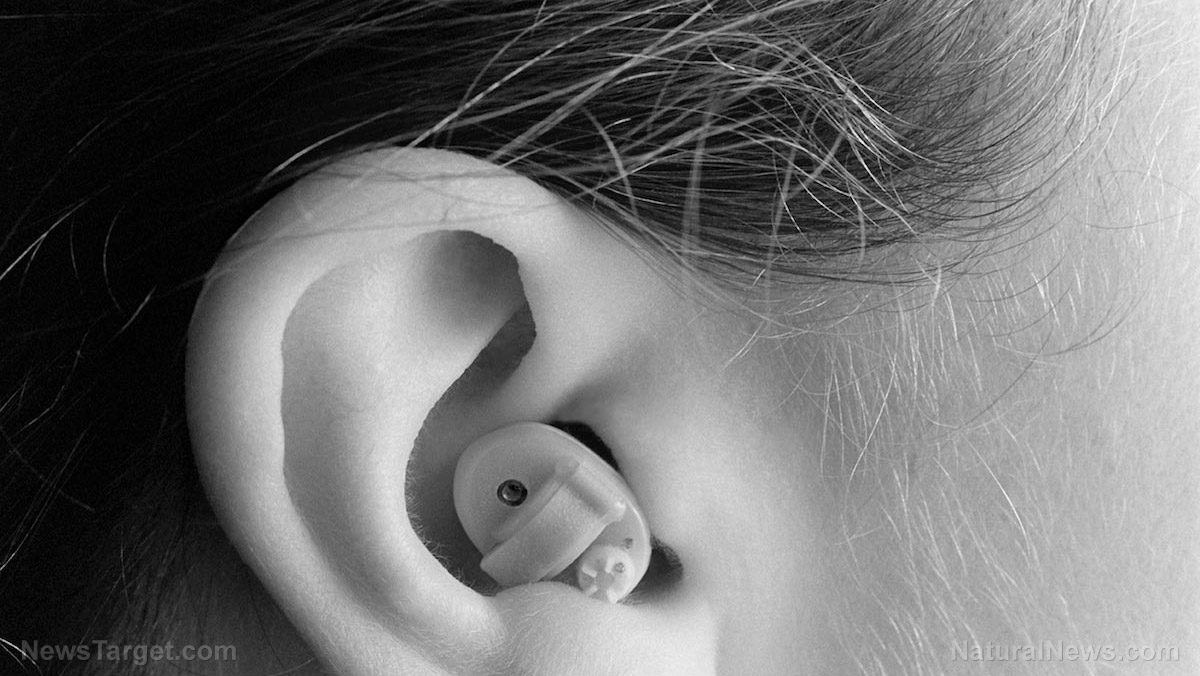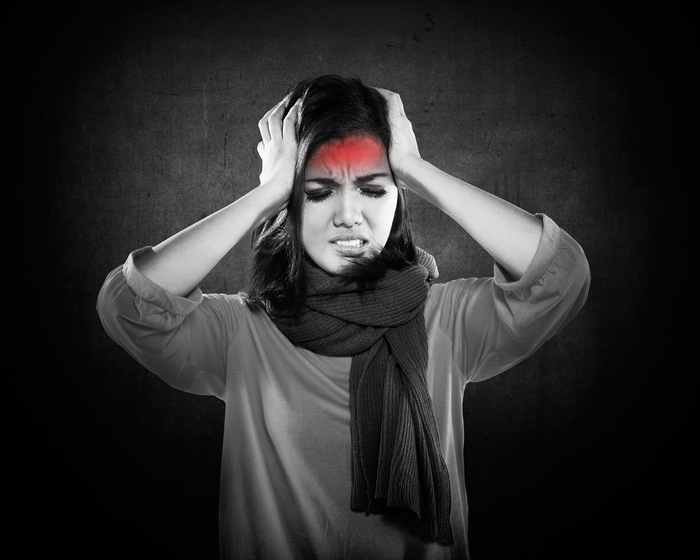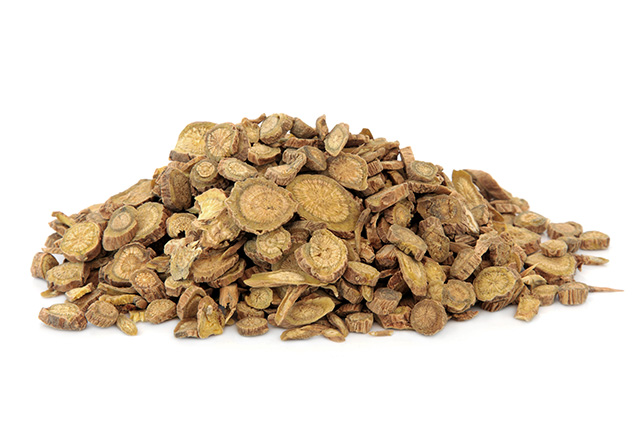Aromatherapy can be used to improve symptoms like depression, stress, and pain in post-partum women
05/01/2020 / By Evangelyn Rodriguez
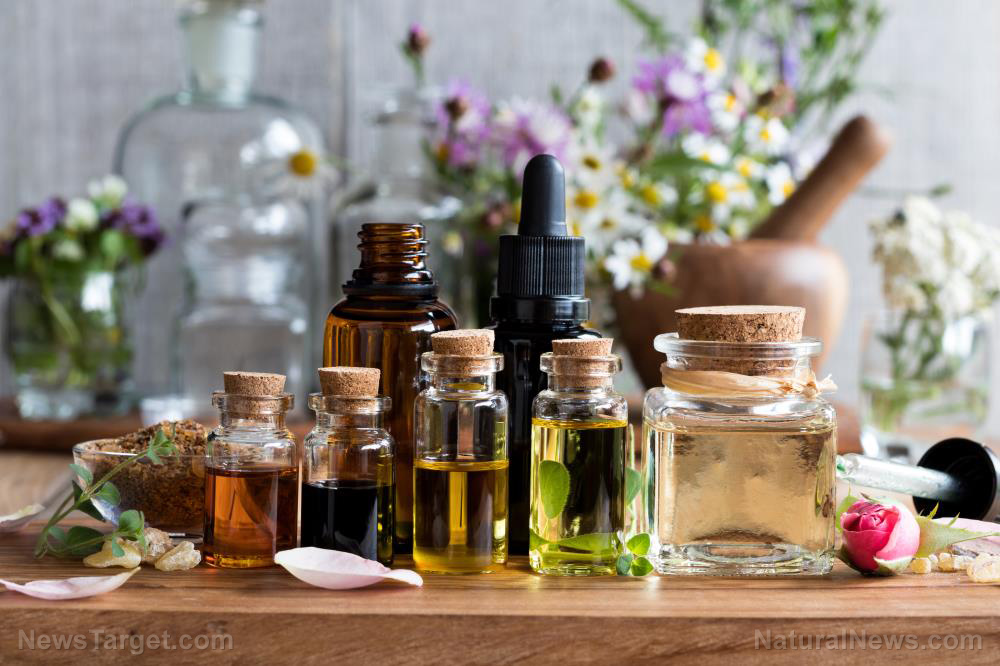
The volatile oils present in plants have long been used to treat common human ailments. The earliest records of their use date as far back as the time of the Ancient Egyptians, who were credited with inventing the first ever method of extraction for these precious oils. Today, these natural products are known as essential oils and are commonly used in an alternative or complementary therapy known as aromatherapy.
Highly volatile and concentrated, essential oils got their name because early scientists believed them to be the essence of their plant sources’ odor and flavor. These oils are also rich in active and aromatic plant compounds that give them various medicinal properties. Essential oils are now widely used for their antimicrobial, antioxidant, brain-stimulating and mood-lifting effects, which have all been proven by science.
In a recent study, a team of American and Iranian researchers investigated whether aromatherapy could improve the symptoms experienced by women after childbirth. Some of the most common ones include pain, anxiety, mood swings, difficulty sleeping and a long-lasting form of depression called postpartum depression. The researchers discussed their findings in an article published in the journal Complementary Therapies in Clinical Practice.
The benefits of aromatherapy for new mothers
According to the researchers, aromatherapy is a popular method used to manage the symptoms of various physiologic processes and diseases. For their study, they searched international databases like PubMed, Google Scholar, Web of Science, and Scopus for randomized controlled trials and quasi-experimental studies on the use of aromatherapy to reduce postpartum symptoms.
The researchers reported finding 34 studies in total, 17 of which met their criteria and were included in their review. The studies involved a total of 1,400 women who used a variety of aromatherapy. The researchers found that the results of these studies all pointed to aromatherapy improving common postpartum-related issues, such as depression, stress, pain, anxiety and fatigue.
Based on these findings, the researchers concluded that aromatherapy has therapeutic effects that can help women during the postpartum period. However, they also advised caution when using essential oils as safety concerns were not addressed in any of the studies.
The history and various applications of aromatherapy
While the origin of aromatherapy has not been linked to a particular place or region, archaeological findings have revealed that one of the first distillation machines for extracting essential oils was developed in Ancient Egypt. The early Egyptians used cedarwood, clove, cinammon, nutmeg and myrrh essential oils to embalm the dead. They also mixed these oils with herbs to make fragrances.
Similarly, the Ancient Greeks created perfumes and medicines using essential oils. Hippocrates, known as the “father of medicine,” is believed to have used aromatherapy for healing. But while the earliest records of their medicinal use all came from the western world, the practice of using aromatic oils to enhance the mood is said to have originated in China.
The term “aromatherapy” was first coined in 1937 by a French chemist named Rene-Maurice Gattefosse, who discovered that some essential oils can promote skin healing. Gatterfosse, who was said to have used lavender oil to cure his burn wounds, developed an interest in essential oils afterward. During World War II, a French surgeon named Jean Valnet was also reported to have used essential oils to help heal the wounds of soldiers.
Today, essential oils and their applications have evolved considerably. No longer limited to just topical use, essential oils are now also inhaled to stimulate the olfactory system and influence the limbic system – a set of structures in the brain that process emotions and memory. This allows essential oils to influence a person’s heart rate, blood pressure, breathing, stress levels and even hormonal balance.
Here are some conditions that can be treated with aromatherapy:
- Alopecia
- Circulatory problems
- Depression
- Fatigue
- Headaches
- Insomnia
- Menstrual problems
- Menopausal problems
- Muscular aches
- Negative feelings (e.g., agitation, anxiety, stress)
- Pain and localized aches
Aromatherapy is a natural treatment that can be used to manage postpartum symptoms, as well as other mood-related issues. To learn more about its other uses and benefits, visit Naturopathy.news.
Sources include:
Tagged Under: alternative medicine, Ancient medicine, anxiety relief, aromatherapy, beat depression, essential oils, herbal medicine, Herbs, mental health, natural cures, natural medicine, natural remedies, Naturopathy, pain relief, postpartum, women's health
RECENT NEWS & ARTICLES
COPYRIGHT © 2017 RESEARCH NEWS





